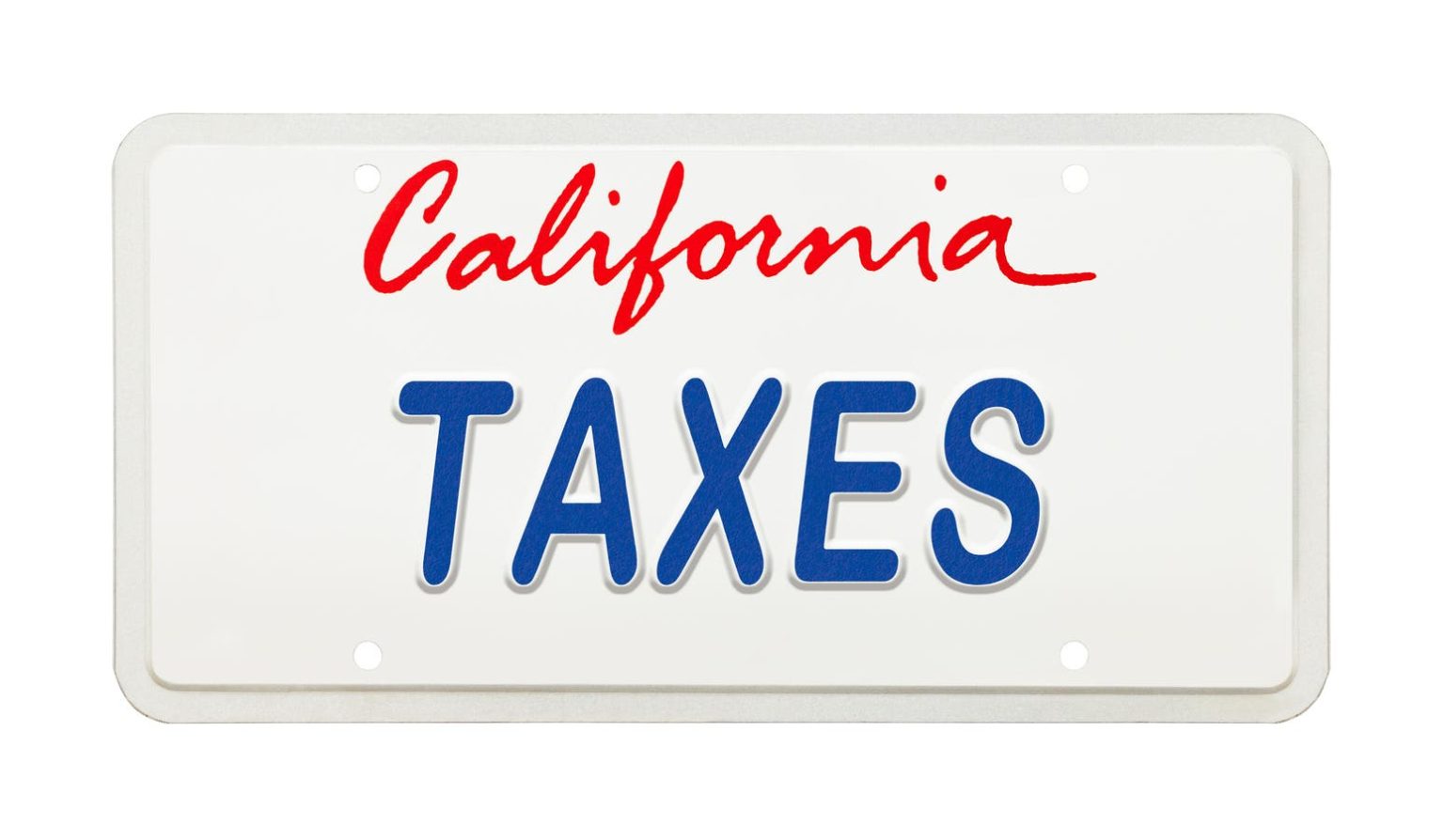Living or doing business in California means dealing with high state taxes, with rates reaching up to 14.4% for individuals and 8.84% for corporations. The top rate was recently increased from 13.3% to 14.4% in January 2024. Despite failed attempts in the past to raise it even further to 16.8%, California continues to be aggressive in drawing people into its tax net. The state’s tax system is complex and does not always conform to federal tax laws, picking and choosing which rules to adopt.
California’s attempts to tax nonresidents have led to controversies, with tax disputes arising even after individuals leave the state. Nonresidents can find themselves caught in California’s tax net through various means, such as working as an independent contractor for a California company. In one case, a nonresident sole proprietor faced California tax liability for performing services for California-based companies, despite residing in Arizona and conducting most of his work outside of California.
The concept of a “unitary business” plays a crucial role in determining California tax liability for nonresidents. If a business is considered unitary, the income from services is sourced to the place where the benefit is received. In the case of the screenwriter, California deemed his business unitary since the activities conducted in and outside of California were not separate and distinct. This led to the conclusion that the companies based in California received the benefit of his services within the state, thereby subjecting him to California tax obligations.
Non-California taxpayers selling services into the state may also face tax challenges, as even services performed outside of California can trigger tax liability if a beneficiary is located in the state. This means that individuals and businesses must be cautious when dealing with California residents or companies, as these interactions could potentially lead to unexpected tax bills years down the line. The California Franchise Tax Board has a four-year statute of limitations, longer than that of the IRS, which can create a significant risk for nonresidents who may not be aware of their tax obligations in the state.
Ultimately, navigating California’s tax system as a nonresident requires careful attention to the state’s laws and regulations. Failing to file a California tax return, even for small amounts of income sourced from the state, can have long-lasting consequences due to the extended statute of limitations. To avoid potential tax troubles, individuals and businesses must consider the implications of their interactions with California residents and companies, taking proactive steps to ensure compliance with the state’s tax laws to avoid any unexpected tax liabilities in the future.


